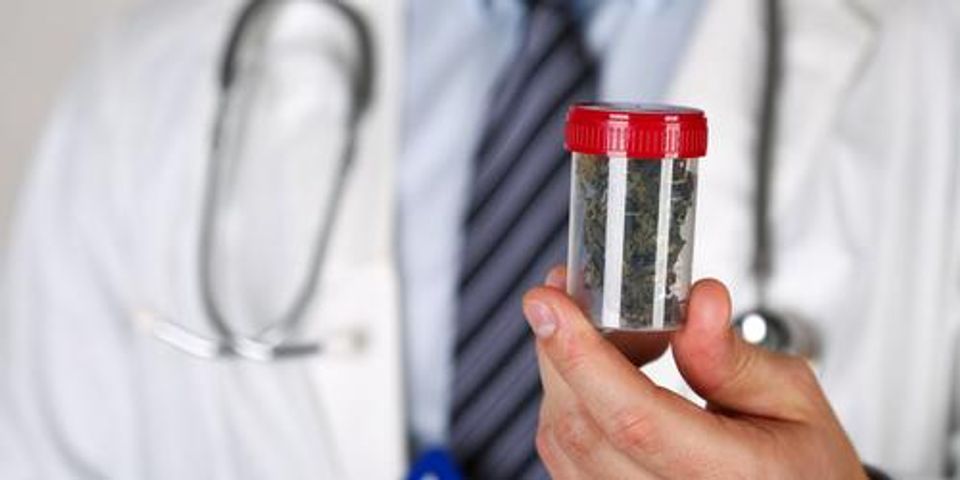4 FAQs About Ohio’s Medical Marijuana Control Program

As of September 2016, Ohio became the 25th state to make it legal to use marijuana for medicinal purposes. While the law is being formalized and the Medical Marijuana Control Program is being established, patients and caregivers are unsure of how the new rules and regulations apply to their situations. As one of the leading drug offense lawyers in Cincinnati, James F. Bogen, Attorney at Law, helps clients understand the marijuana legalization process and how it affects them. He addresses some of the most common inquiries residents have regarding the program.
Concerns About the Legalization of Medical Marijuana
What Is the Registration Process?
To legally obtain a medical marijuana card, the patient must be diagnosed with one of the qualifying health conditions as stated in a signed doctor’s statement. The patient must then submit an application to the Ohio Department of Health Services. Once approved for an identification card, they’ll register for the program through the State Board of Pharmacy.
Which Medical Conditions Qualify for Treatment?
 Under Ohio law, there are currently 21 conditions that make a patient eligible to use marijuana for medicinal reasons. Some of these include AIDS, Alzheimer’s disease, cancer, Crohn’s disease, fibromyalgia, glaucoma, hepatitis C, Tourette’s syndrome, and traumatic brain injury. A full list can be found on the Medical Marijuana Control Program’s website.
Under Ohio law, there are currently 21 conditions that make a patient eligible to use marijuana for medicinal reasons. Some of these include AIDS, Alzheimer’s disease, cancer, Crohn’s disease, fibromyalgia, glaucoma, hepatitis C, Tourette’s syndrome, and traumatic brain injury. A full list can be found on the Medical Marijuana Control Program’s website.
Where Will Medical Marijuana Be Grown & Sold?
There will be 24 licenses issued by the state to specially designated growing facilities located throughout different cities in Ohio. Medical marijuana will also be available for purchase at state-licensed dispensaries. Drug offense lawyers stress that it will be against the law for patients and caregivers to grow their own plants.
What Forms of Marijuana Will Be Available?
As of now, the laws prohibit patients from smoking marijuana. Doing so could result in charges of illegal possession. It can be consumed through vaping, edibles, patches, oils, plant material, and tinctures. However, it is possible to file a petition requesting approval to use the drug in a different form.
If you are interested in learning more about Ohio’s Medical Marijuana Control Program, speak to the experienced drug offense lawyer at James F. Bogen, Attorney at Law. He will advise you on the program’s guidelines and how best to comply to avoid punishment for illegal use. Contact the firm at (513) 503-7251 to schedule a consultation, or visit him online for additional information on the legal services the drug offense lawyer provides.
About the Business
Have a question? Ask the experts!
Send your question

